Column: Complexity of colorism in Latinx community
Photo credit: Leslie Castaneda
An artistic illustration by Leslie Castaneda ’20 shows the diversity of skin colors in communities of color.
As I sat down to write this column, I only had the broad idea that it would be about colorism, and I found myself feeling hesitant, even guilty. I mean, just take one look at me and you can tell that I have a lighter skin color when compared to the rest of the Latinx community. Am I allowed to write about this?
Colorism is a term I’ve heard all my life, but I had never really sat down and thought about how I would define it. Some define it as discrimination against people with darker skin tones, specifically among people of the same racial group. Others define it as a form of prejudice where people are treated differently because of the social connotations attached to their skin color. There is a slight difference between these definitions, but they change who they apply to or include.
It’s extremely important to recognize that because of my lighter skin color, I do have a privilege. This column is in no way me denying that. I accept it. In today’s society, there is, no doubt, favoritism towards lighter-skinned people across different racial groups.
One way this is shown is through our mainstream media — specifically, which Latinos are represented. Growing up, watching novelas, Latin American soap operas, was very common in my household. I had never realized how “white” these dramas were and their ridiculous misrepresentation of the actual Latin American community. All the protagonists are white-passing Latinos, and they created a false notion that those are the only Latinos that exist.
This problem is also prominent in American media, where the Latinos cast in shows and movies lack diversity and ignore people from Afro-Latino and indigenous communities. In 2018, we preach about diversity and representing everyone, but in most cases, only the people of color who are the “most white” are actually represented.
Lighter-skinned Latinos also have an advantage when it comes to employment. In the book “People of Color in the United States: Contemporary Issues in Education, Work, Communities, Health, and Immigration,” scholars wrote that “lighter-skinned Latinos and African Americans are often paid better wages compared to their darker-skinned counterparts. In the particular case of Latinos, white Latinos are paid around $5,000 more per year compared to those who identify as black.”
People of color and white people have sometimes conscious, sometimes unconscious, biases towards people with lighter skin colors. I feel that colorism is a very important topic that is not discussed enough and, as shown in the examples above, it is institutionalized and systematic in our society.
As a lighter-skinned Latina myself, I don’t face some issues that my counterparts do, but I also think it is valid to speak about how my skin color gives me a different experience. Within my community, there are also pressures and connotations attached to having a lighter skin color.
From a very young age, I understood that my skin color made me stick out from my family and the community around me. All my cousins were darker than me, and you could see that everywhere — in pictures, get-togethers and events. I grew up with the nickname “niña fresa,” a slang term that means preppy, snobbish and white. My family used it as a joke, but sometimes it felt like they were speaking their truth, and I took their remarks to heart. It felt like they would bring it up every chance they could, correcting my Spanish or commenting on my clothes as if I should be ashamed for something I couldn’t change: my skin color.
The feeling of not belonging became very familiar to me growing up. In elementary and middle school, I was called the “white girl” of the grade and was obsessed with proving how “non-white” I was to my classmates. I would speak Spanish as much as I could, and I didn’t want to wear sunscreen to the pool because I wanted to be more tan.
As I got even older, the social connotations attached to my skin tone became more present in my interactions with the world. People would ask me what my ethnicity was because they weren’t sure. People would assume I had more money than I did or that I didn’t speak Spanish. Some would even scoff at things I said.
When I decided to go to Archer, I was told that I was “finally going to be with my people.”
I remember how hard it was to deal with these comments because I felt like they invalidated how Latina I was and the struggles I went through. My upbringing and identity seemed to not matter to some people because of my lighter skin color. It made me question how Latina I was, how American I was. It made me feel bad for simply existing.
Colorism is very complex and people may have different definitions or opinions on how to explain it. However, it is very real and relevant.
As I wrote this column, I was hesitant in how I approached the topic because I wanted to give a voice to minorities of all skin tones, and specifically in the Latinx community. People make assumptions and judgments about me before I can even say a word because of my skin color, and I have probably unconsciously done the same thing. Colorism is prevalent in both communities of color and white communities. We need to recognize it, understand it and actively work to stop it.

Celeste Ramirez joined the Oracle as a columnist in 2017 and is now the Multimedia Editor. Her column focuses on diversity at Archer, highlighting the...




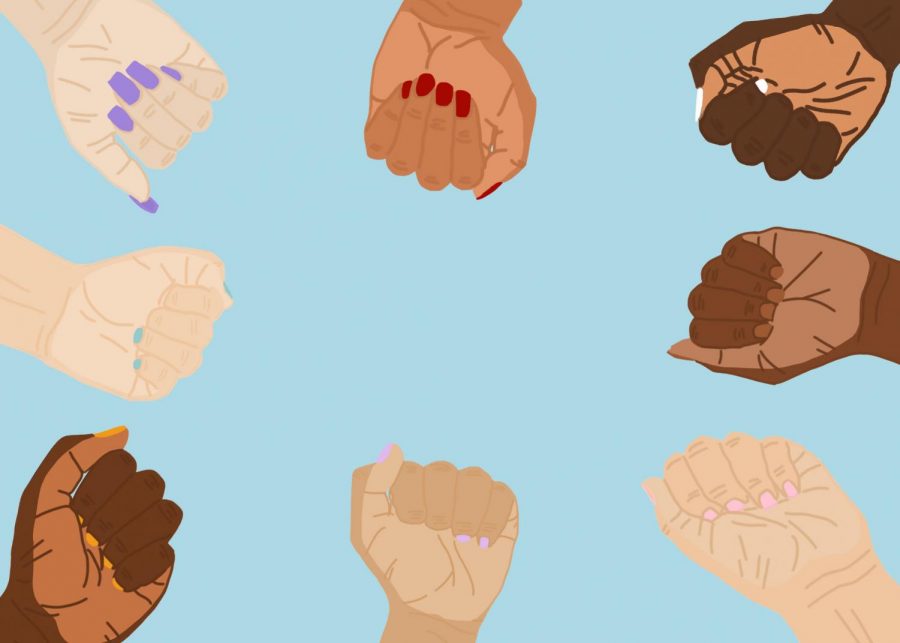
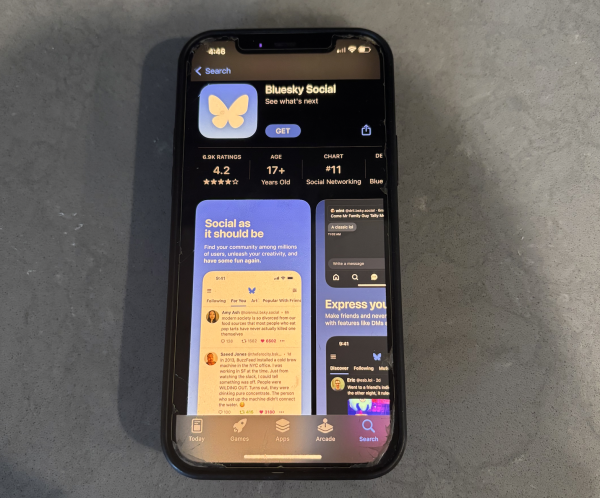


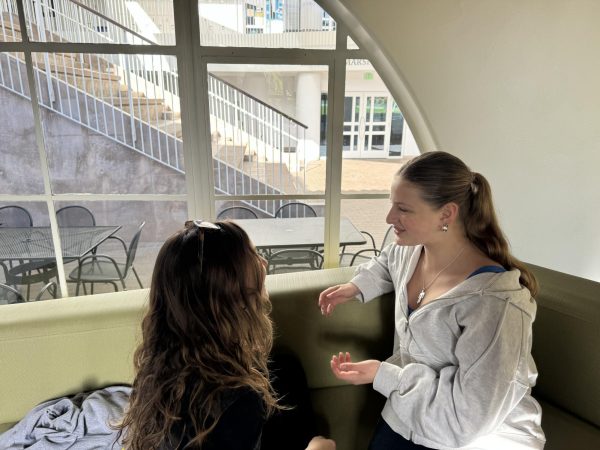

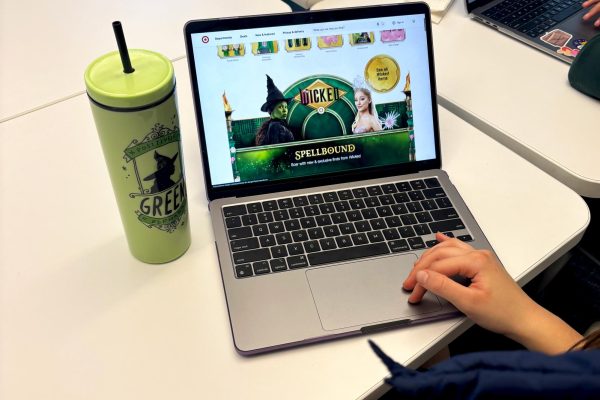
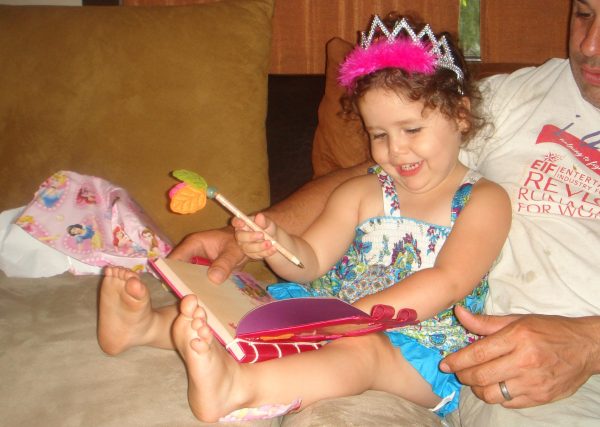
Dominique Cadenas • Dec 19, 2018 at 9:44 pm
Amazing article! So proud of you hermana!!
Audrey Choate • Dec 14, 2018 at 3:51 pm
I never really read the oracle but reading this column you not only taught me something that everyone including myself needs to be aware of but got me very interested on reading more in the oracle! Great job!
Brian Wogensen • Dec 11, 2018 at 7:33 am
A great article, Celeste. Thank you for offering such clear and thoughtful reflection on this topic.
Chloe Kido-Powers • Dec 6, 2018 at 10:16 pm
CELESTE! This article is so so so important and informative – thank you. Good job.
Maya Wernick • Dec 6, 2018 at 6:42 pm
Celeste! What a wonderful article Thank you for speaking about this difficult topic openly and honestly. This is an aspect of discrimination that is often overlooked, so I am so glad you decided to tackle it. I am proud of you always!